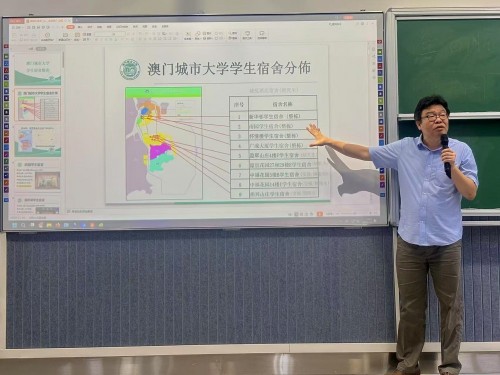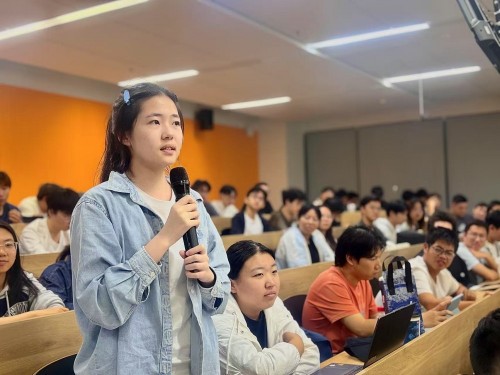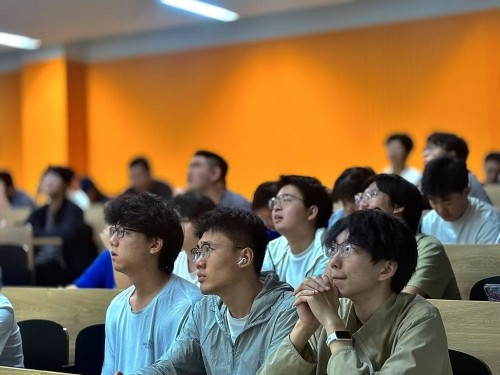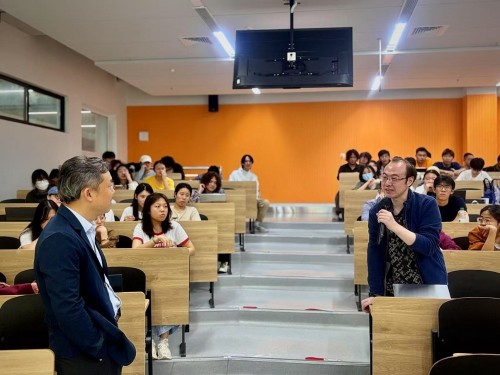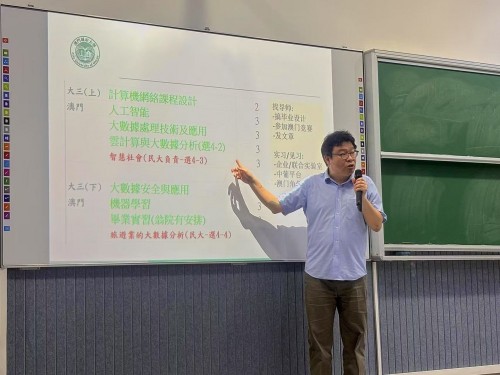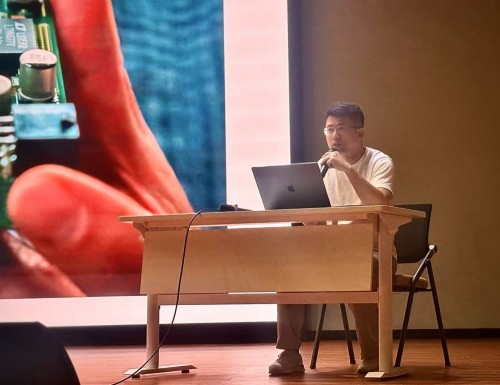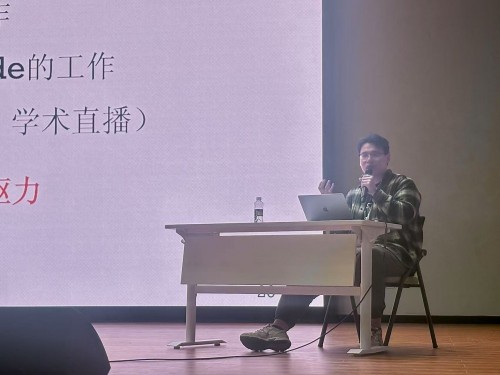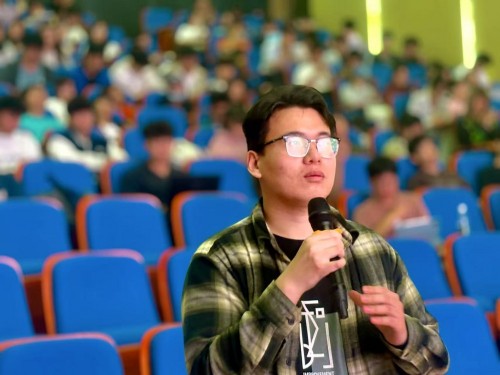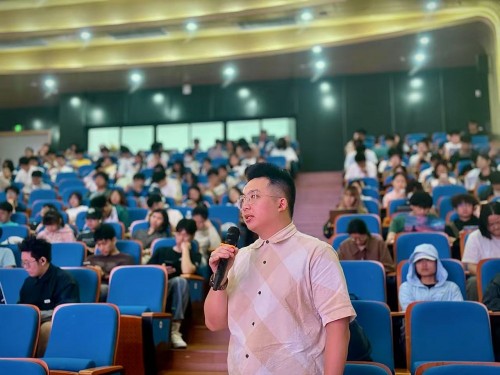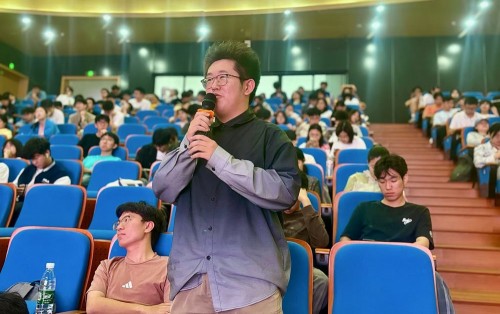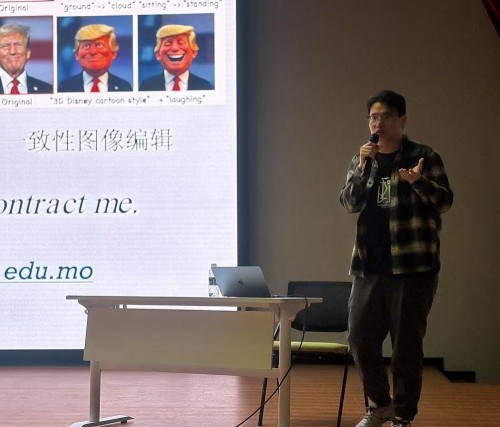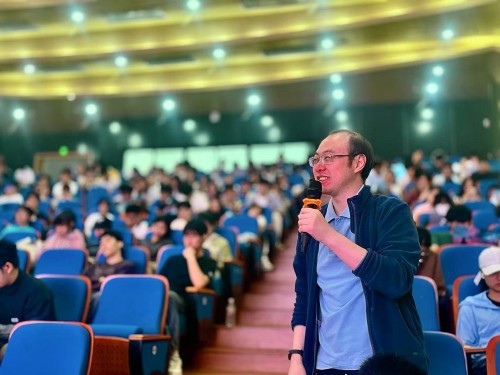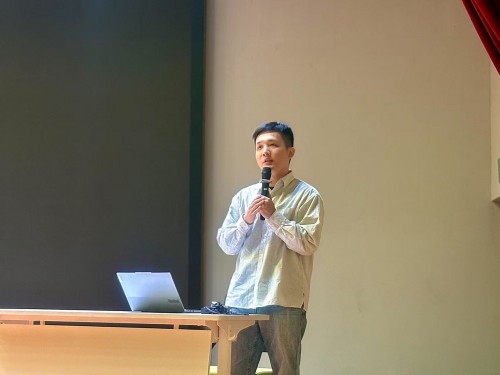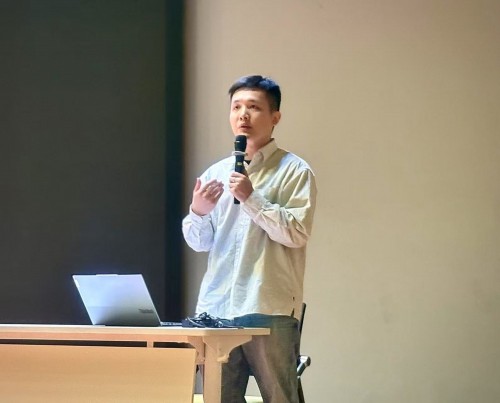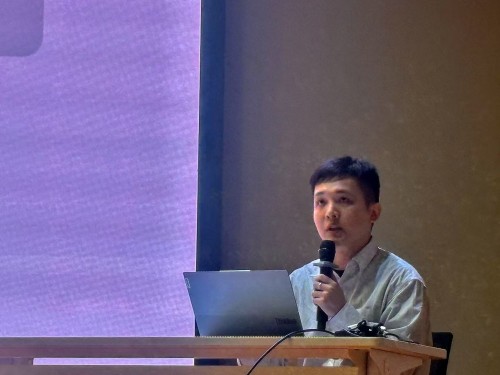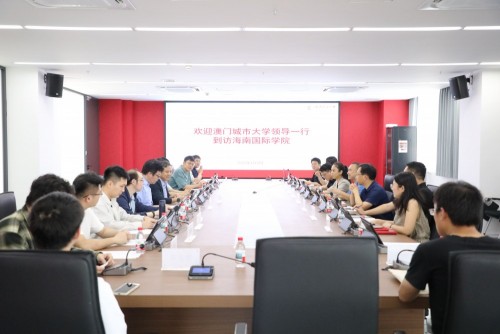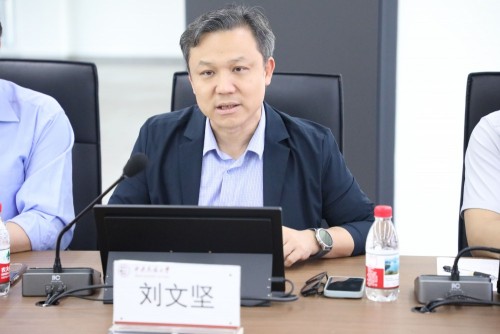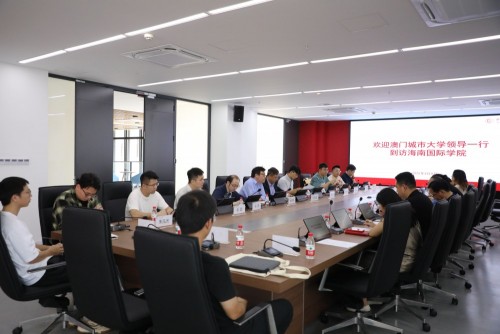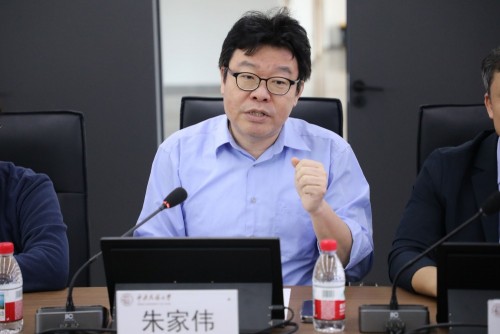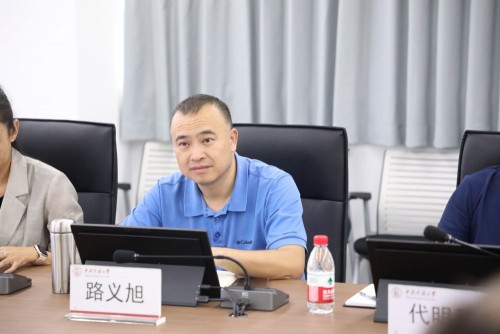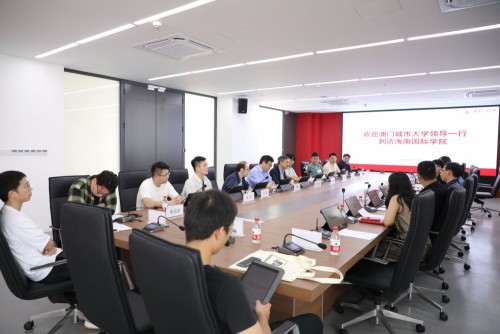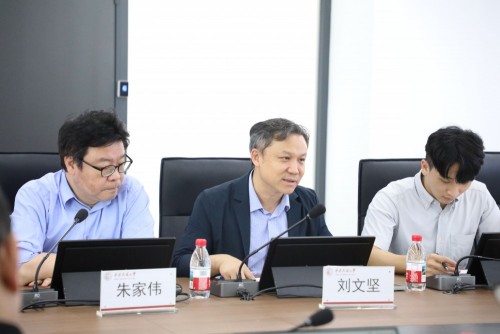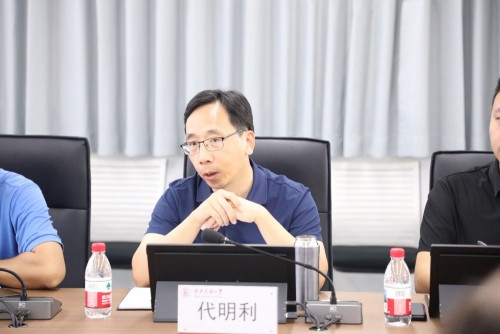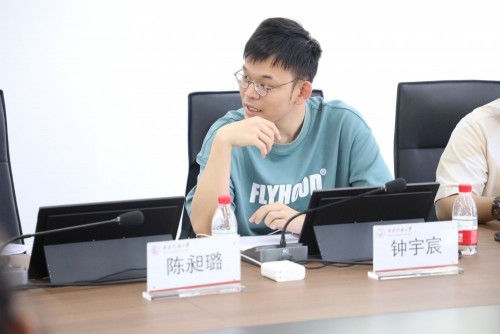To strengthen academic collaboration between the City University of Macau (CityU) and Minzu University of China, the Faculty of Data Science at CityU, led by Associate Dean Liu Wenjian, organized a delegation to the Hainan International College of Minzu University from April 8 to 10, 2025. The visit included a "Briefing Session on Studying in Macao" and three academic lectures.
To facilitate a smooth transition for joint programme students entering their third year of study in Macao, the Faculty of Data Science hosted a detailed briefing session. Programme Director Chu Chia-Wei served as the keynote speaker, addressing student concerns about accommodation, key considerations for studying in Macao, and practical living guidelines. The session not only provided essential information but also fostered dialogue through real-life case studies and shared experiences, helping students broaden their international perspectives and prepare effectively for their upcoming studies in Macao.
Assistant Professor Wu Xiaofeng delivered a lecture titled "Preliminary Research on Low-Power Neuromorphic Neural Networks", systematically outlining innovative approaches to energy efficiency optimization in brain-inspired computing. He highlighted the dual challenges of the "memory wall" and "power consumption wall" in traditional architectures. By simulating synaptic plasticity and parallel computing mechanisms in biological brains, neuromorphic neural networks can achieve energy efficiency 1,000 times higher than conventional chips. His team’s latest research integrates spiking neural networks (SNNs) with memristor devices, enabling low-power operation for specific tasks and offering new solutions for wearable devices and edge computing.
Assistant Professor Yu Wei presented a lecture on "Design and Adaptation of Unmanned Swarm Algorithms", discussing the applications of swarm algorithms in military and civilian fields and analyzing the technical challenges in algorithm migration and adaptation. Using unmanned ground vehicle swarms as an example, he explained the design and adaptation processes of rule-based swarm algorithms across three levels: biological phenomena, particle simulation, and physical implementation. For drone swarms, he introduced his team’s recent progress in control algorithm development, covering mathematical characterization, particle simulation, semi-physical simulation, and physical validation. He emphasized the future potential of unmanned swarm technologies in diverse fields.
Assistant Professor Zhu Hongguang spoke on "From Topic Selection to Breakthrough: Research Pathways in the AI Era", sharing practical strategies for conducting research, from topic selection to methodology. He stressed the importance of identifying real-world problems and targeted knowledge acquisition in the fast-evolving AI landscape, encouraging a "learning by doing" approach with the courage to embrace trial and error. While advocating the use of AI tools for literature reviews and experimental design, he cautioned researchers to maintain critical thinking and avoid over-reliance on AI, which could undermine the intellectual rigor central to scientific inquiry.
The exchange activities not only expanded students’ academic perspectives by integrating theory with practice but also strengthened collaboration between the two universities. Through exploring innovative research pathways and fostering academic dialogue, the event provided valuable opportunities for students to engage in scholarly exchange and advance scientific discovery.

